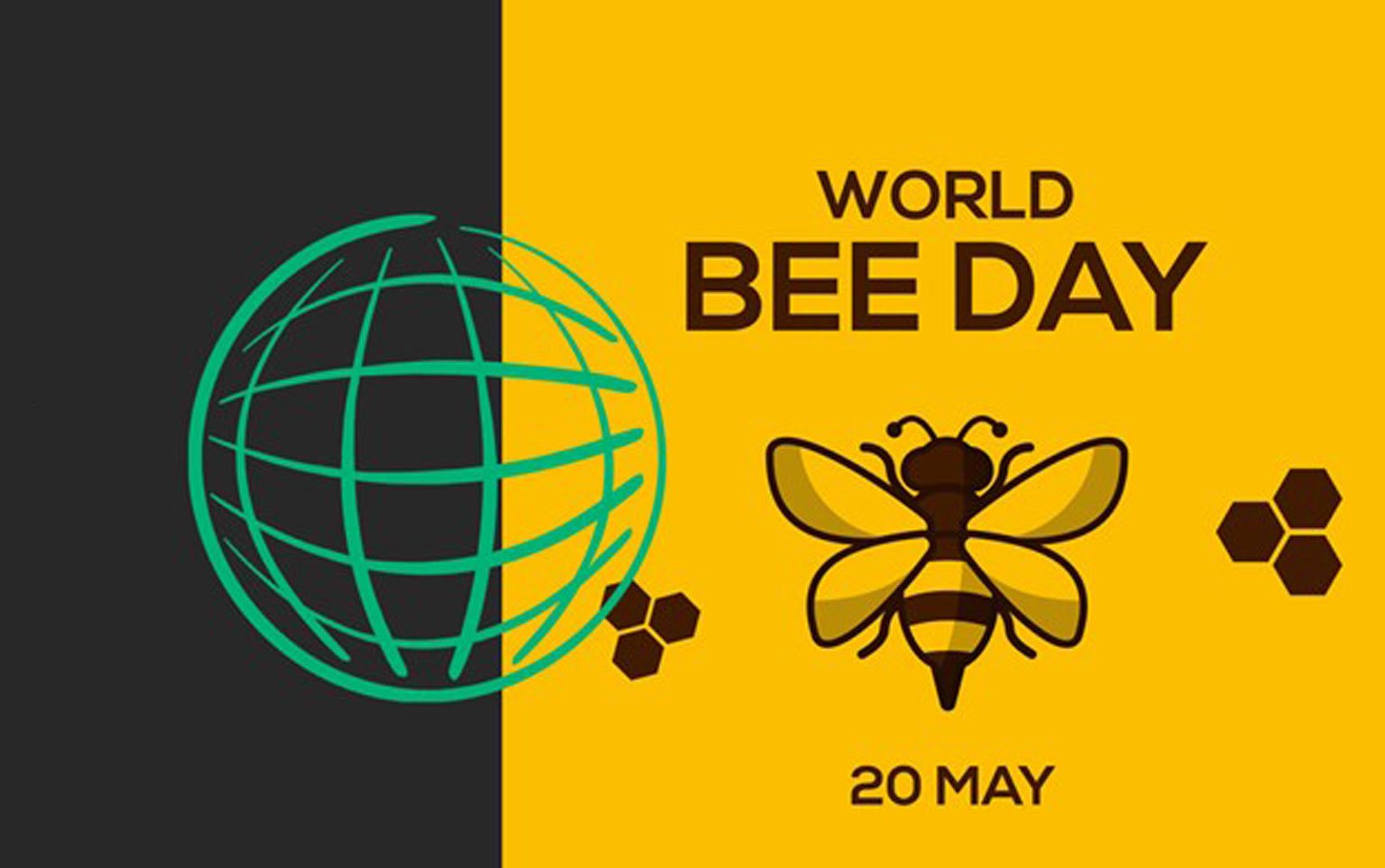Sign In
Forgot your password?
Please enter your username or email. We’ll send you an email with instructions on how to reset your password. If you have forgotten your username, did not receive the email to reset your password or need help, contact our support team.
New password requested
If you have entered a correct email from our database, we will respond in 24 hours.
Request new account
You can request a new account by submitting your details to your local sales centre. Upon approval, we will email you a temporary password.
Click on the link below to sign into Kyocera Connect which will take you to Account Services.

